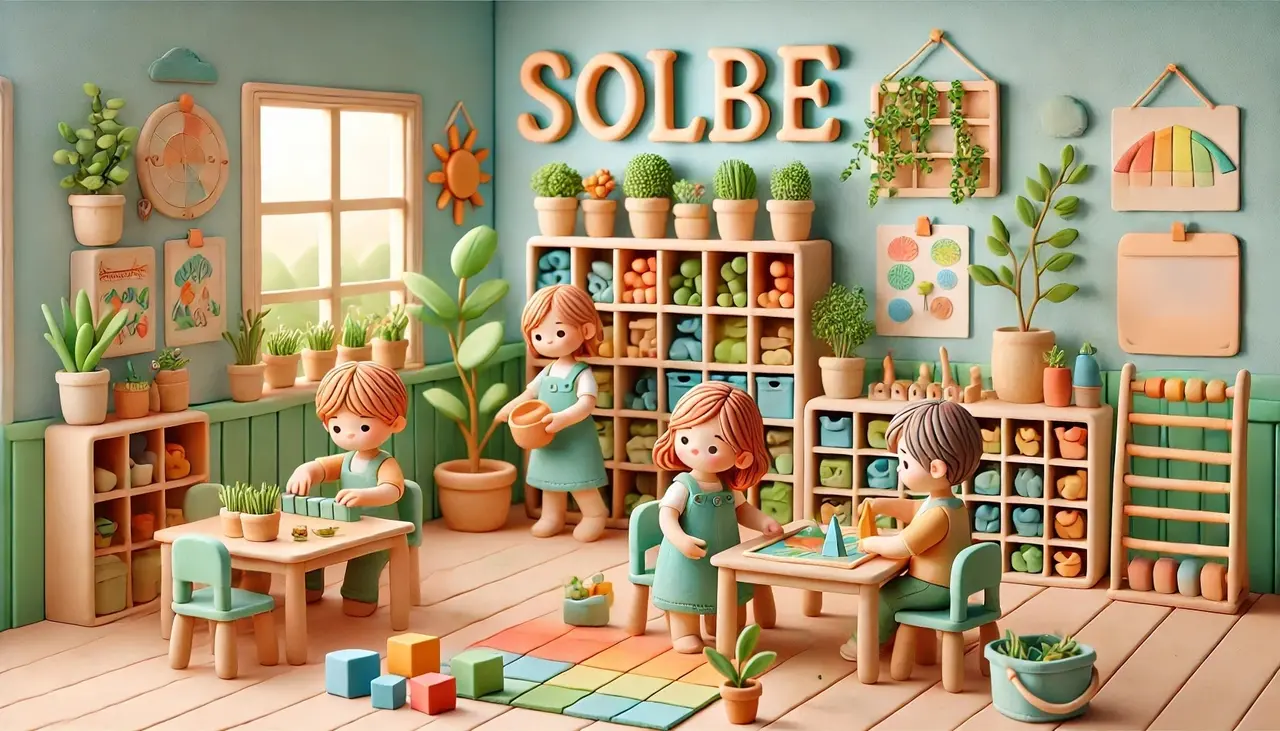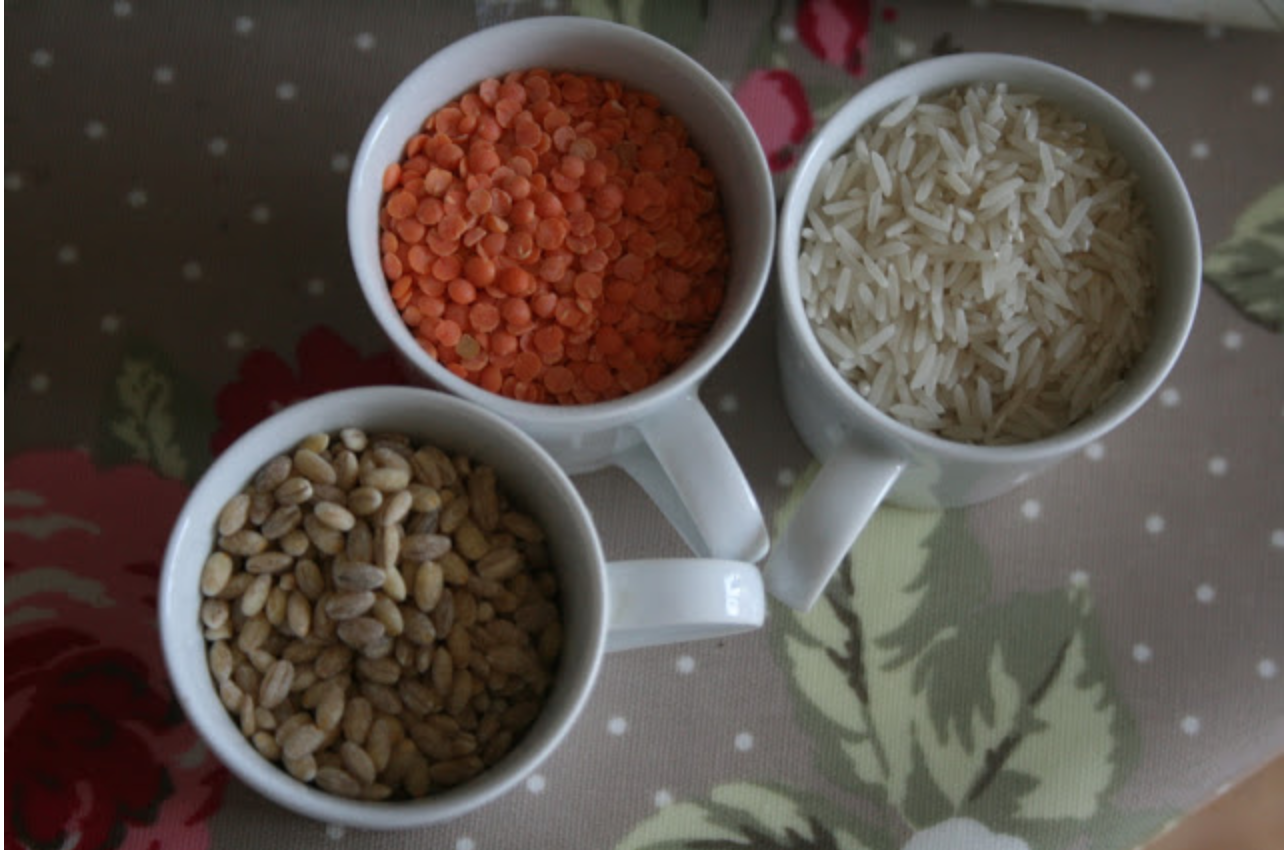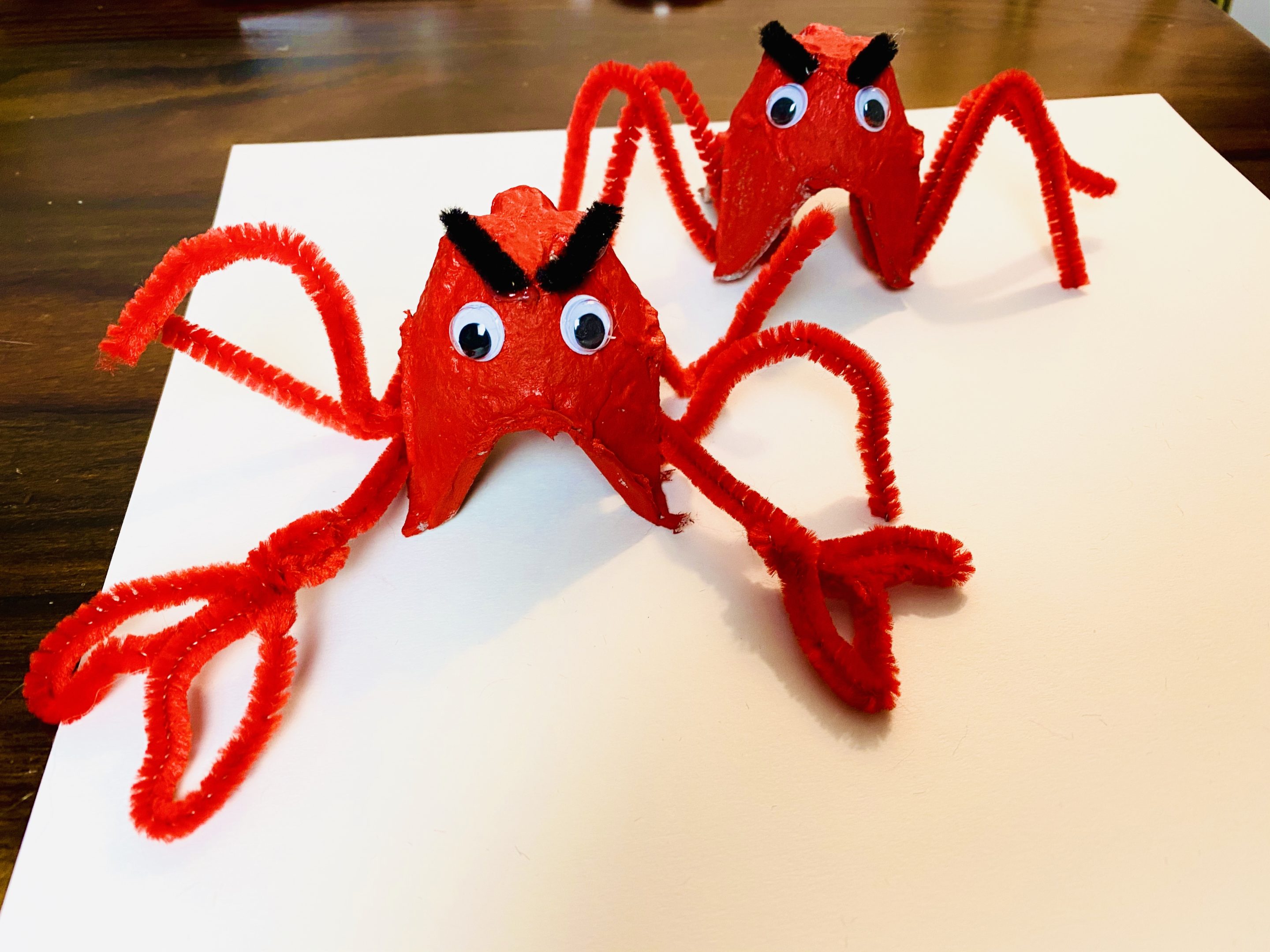Developmental Milestones: What to Expect and Strategies to Encourage Growth

“Children require different experiences and interactions to develop and thrive.” What You’ll Learn What are the four main domains of developmental milestones? What skills might I expect my child to reach at a certain age? How can I support my child’s development? In our last blog post, we discussed developmental milestones and learned that while the pace of development varies from child to child, understanding what milestones to anticipate can help you better understand your child’s overall health and development. Today, I’m going to share more specifics about what skills you might expect your child to demonstrate within each domain of development and strategies to encourage this development!
Four Domains of Developmental Milestones Developmental milestones refer to the skills most children can demonstrate by a certain age and are divided into four domains. These domains include the following: 1 . Social/Emotional Milestones: How children interact with others and show emotion. You can find more information on your child’s social-emotional development in this blog post ! 2. Language/Communication Milestones: How children express their needs, share what they are thinking, and understand what is said to them. 3. Cognitive Milestones (learning, thinking, problem-solving): How children learn new things and solve problems. This also includes how children explore their environment to figure things out along with their academic skills. 4. Movement/Physical Development Milestones: How children use their bodies, including small and large muscles.
Skills to Anticipate Within Each Domain Children develop at their own pace, but developmental milestones offer important information about their developmental health and how we can continue meeting their needs. Here is a brief overview of skills you might expect your child to demonstrate between 6 months and 4 years. For a more in-depth milestone checklist for children aged 2 months to 5 years, please refer to the CDC’s list of developmental milestones here .
Milestones at 6 months Social/Emotional: recognizes familiar people; laughs Language/Communication: takes turns making sounds with caregivers Cognitive: puts things in their mouth to explore; reaches to grab a toy Movement/Physical: rolls from tummy to back; pushes up with straight arms when on tummy
Milestones at 9 months Social/Emotional: begins to distinguish between familiar and unfamiliar people; looks when you call their name Language/Communication: makes a variety of sounds like “mamama” and “dadada” Cognitive: looks for objects when dropped out of sight Movement/Physical: moves to a sitting position; uses fingers to “rake” food towards themself
Milestones at 12 months Social/Emotional: plays games with you, like pat-a-cake Language/Communication: waves bye; understands “no” (pausing briefly or stopping when you say it) Cognitive: puts items in a container; looks for things they see someone hide Movement/Physical: pulls up to stand; drinks from a cup without a lid (as you hold it); picks things up between thumb and pointer finger
Milestones at 18 months Social/Emotional: points to show you something interesting Language/Communication: tries to say three or more words; follows one-step directions without gestures Cognitive: mimics you doing chores; plays with toys in a simple way Movement/Physical: walks without holding on to anyone or anything; scribbles; feeds themself with their fingers
Milestones at 2 years Social/Emotional: notices when others are hurt of upset; looks at your face to see how to react in a new situation Language/Communication: points to things in a book when you ask questions like, “Where is the bear?” Cognitive: holds something in one hand while using the other hand; attempts to use switches, knobs, or buttons on a toy Movement/Physical: kicks a ball; runs; walks up a few stairs with or without help
Milestones at 3 years Social/Emotional: calms down within 10 minutes after you leave; notices other children and joins them to play Language/Communication: participates in back-and-forth conversations; says what action is happening in a picture or book Cognitive: draws a circle when you show them how; avoids touching hot objects when warned Movement/Physical: strings items together; puts on some clothes by themself
Milestones at 4 years Social/Emotional: participates in imaginative play; comforts others who are hurt or sad; likes to be a helper Language/Communication: says sentences with four or more words; talks about at least one thing that happened during their day Cognitive: tells what comes next in a well-known story; draws a person with three or more body parts Movement/Physical: serves themself food or pours water, with adult supervision; unbuttons some buttons
Positive Parenting Strategies To Encourage Your Child’s Development Children require different experiences and interactions to develop and thrive. Children reach their developmental milestones in how they play, learn, speak, act, and move—all within an environment where they are loved and their needs are met. Here is a list of positive parenting strategies to encourage your child’s early development.
Infants Talk to your baby often and answer when they make sounds by repeating the sounds and adding words. Offer praise and provide frequent loving attention. Read to your baby and sing or play music for them. Play with your baby when they are alert and relaxed. Take care of yourself physically, mentally, and emotionally.
Toddlers Read to your toddler daily. Play matching games with your toddler and encourage them to explore and try new things. Encourage your child’s autonomy by letting them dress and feed themselves. Talk to your toddler frequently and add to the words they state. Help your toddler follow a routine and respond consistently to the behaviors you want your child to demonstrate. Encourage your toddler to participate in imaginative play.
Preschoolers Continue reading to or with your child daily. Allow your child to help with simple chores and participate in activities that support the family. Encourage your child to play with other children and emphasize the value of sharing and friendship. Be clear and consistent when navigating challenging behaviors. Support your child in identifying steps to solve a problem.
You and your child may need additional support meeting their developmental milestones—and that is okay! Your child’s primary care provider and educators are supportive allies in promoting your child’s development. Be sure to subscribe to the SolBe blog via the form below to read our next blog about what to do when you are concerned about your child’s development. We are here to help navigate this experience! Empowering Takeaways There are four domains of development: social/emotional, language/communication, cognitive, and physical/movement. Understanding what milestones to anticipate can help you better understand your child’s overall health and development. Children reach their developmental milestones in how they play, learn, speak, act, and move. Be vibrant and keep thriving! This article was last reviewed or updated on February 4, 2024. About the author: Rebecca is the Director at SolBe Learning. Rebecca has worked in the field of early education for over six years, with a passion for supporting the optimal development of young children and families. Rebecca holds a B.A. in early childhood education and sociology as well as an M.A. and license in school counseling. References Centers for Disease Control and Prevention. (2023). CDC’s Developmental Milestones. https://www.cdc.gov/ncbddd/actearly/milestones/index.html Scharf, R. J., Scharf, G. J., & Stroustrup, A. (2016). Developmental milestones. Pediatrics in Review 37(1), 25-38. https://doi.org/10.1542/pir.2014-0103
Related Articles
Explore our latest insights and resources.

Using Your Voice Effectively: Intentional & Positive Phrases to Use With Your Child

Work and Family: 7 Strategies to Find Balance as a Parent

Understanding and Supporting Early Childhood Mental Health

Understanding and Monitoring Developmental Milestones

The Value of Process-based Learning

The Truth about Parenting: Being a Thriving Parent

The Curious & Creative Classroom

Social-Emotional Learning: Five Competencies and How to Teach Them at Home

Social Emotional Learning Part Five: Teaching Growth Mindset to Inspire Change

Social-Emotional Learning Part Three: Teaching Friendship to Inspire Change

Social Emotional Learning Part Two: Teaching Acceptance to Inspire Change

Social Emotional Learning Part Six: Teaching Empathy to Inspire Change

SEL: Parent Social-Emotional Competence & Well-Being

Social Emotional Learning Part Four: Teaching Respect to Inspire Change

Reflective Learning: 10 Meaningful Questions to Replace “How Was School Today?”

Prosocial Behavior: Strategies to Model, Practice and Praise

Ranking Boston Area Private Schools: Finding The Best Programs For Your Children

Prosocial Behavior: Encouraging Your Child To Practice Gratitude

Play is Work and Work is Play

Preparing a Learning-rich Environment

Nurturing Brain Development During the Window of Opportunity

Exploring Spanish Language Learning Through Play-Based Activities

Early Intervention: Identifying Support for Children Birth to Age Three

Developmental Screening: Acting Early and Advocating for Your Child

Daily at Home Project: Red House – Fun For All Greatest Hits & More

Daily at Home Project: Rainbow Painting and Make Your Own Ice Cream

Daily at Home Project: Pots, Pans, Colors & Rainy Day Brownies!

Daily at Home Project: Lid Matching and Animal Washing Station

Daily at Home Project: Making Music with The Very Noisy Bear

Daily at Home Project: Fine Motor Activities and Let's See Where a Dot Can Take You!

Daily at Home Project: Crazy Art from Silvana Carpio

Daily at Home Project: Baby Treasure Basket and Rocks of Hope

Daily at Home Project: Colander Pipe Cleaner and Pipe Cleaner Bubble Wands

Daily At-Home Project: Mix and Match Faces

Daily At-Home Project: Homemade Binoculars for Little Explorers!

Daily At-Home Project: Gratitude Jar

Daily At Home Project: Veggie Paint Making From Marlo
Stay Updated with SolBe
Join our newsletter for the latest insights and exclusive content on early learning and childcare.






























































